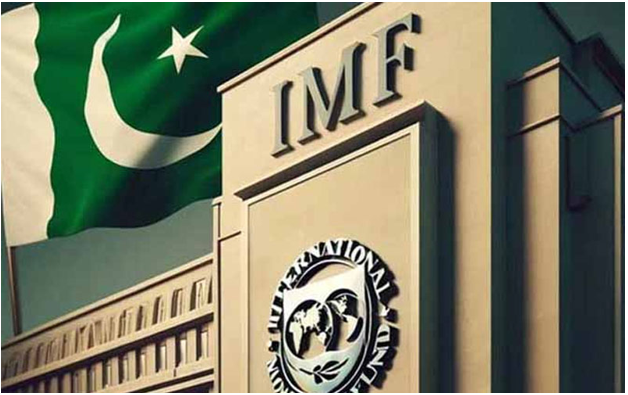INP-WealthPk
Moaaz Manzoor
Pakistan’s economic stabilisation efforts are showing signs of progress under the ongoing IMF programme. However, deeper structural reforms remain critical to sustain growth and reduce dependence on external bailouts, reports WealthPK.

Following the recent staff-level agreement (SLA) with the IMF, Pakistan’s economic outlook has stabilised, with improved foreign exchange reserves and a gradual return of investor confidence. However, experts caution that while short-term pressures have eased, the economy remains vulnerable due to persistent structural weaknesses that require urgent policy attention.
"The IMF programme has historically served as a seal of approval that unlocks foreign financing, but it comes at a cost," Uzma Aftab, Senior Research Associate at the Policy Research and Advisory Council (PRAC), told WealthPK. "While we're seeing improved investor confidence and reserve buffers, these are superficial gains unless accompanied by structural changes."
She noted that while IMF programmes have historically provided macroeconomic stability, they often do so at the cost of growth. "The recent FDI increase (41-44% YoY in FY24 and Jul-Feb FY25) and declining inflation are positive signs, but these improvements stem partly from administrative measures and base effects rather than structural fixes," she said.
Uzma emphasised that Pakistan’s current programme under the Resilience and Sustainability Facility (RSF) focuses on critical areas like climate resilience, water management, and energy reforms. However, she highlighted implementation hurdles, particularly due to jurisdictional overlaps under the 18th Amendment.
"Strategic planning and interprovincial collaboration are essential, especially for water-stressed agriculture — a sector highly vulnerable to climate shocks," she explained. To escape the recurring cycle of IMF bailouts, Uzma stressed that Pakistan must shift from short-term stabilisation to long-term reforms.
"Key priorities include resolving energy sector circular debt, improving governance of state-owned enterprises, enforcing retail and real estate taxation, and accelerating agricultural income tax reforms — all of which remain behind schedule despite IMF deadlines," she added. Ali Najib, Head of Sales at Insight Securities, agrees that the IMF deal signals policy continuity, bolstering market sentiment.
"The SLA reinforces fiscal discipline and provides a financial cushion, but structural reforms in taxation, energy, and governance are critical to sustain growth and reduce external vulnerabilities," he said. While the IMF programme offers temporary stability, experts concur that Pakistan’s economic future depends on politically challenging reforms — not just compliance with bailout conditions but transformative changes to unlock private sector potential and ensure resilience against future shocks.
Credit: INP-WealthPk













